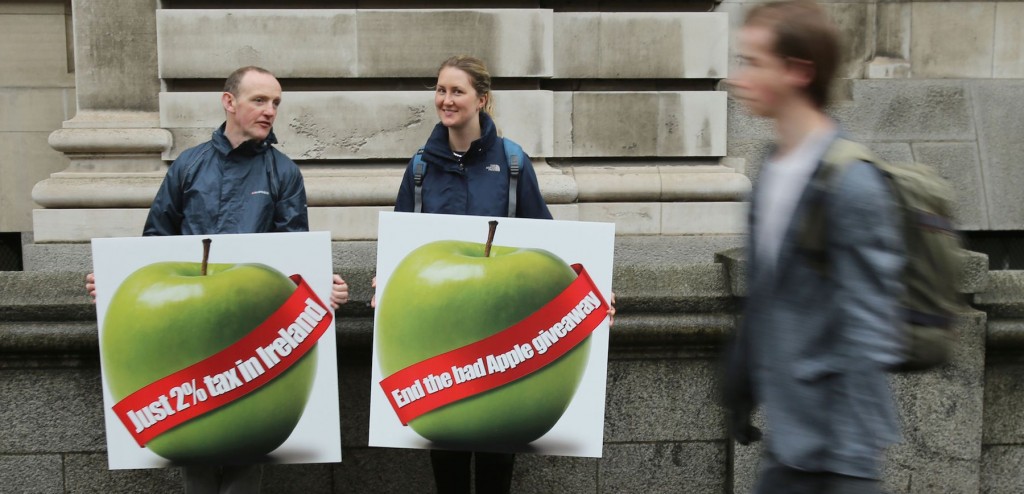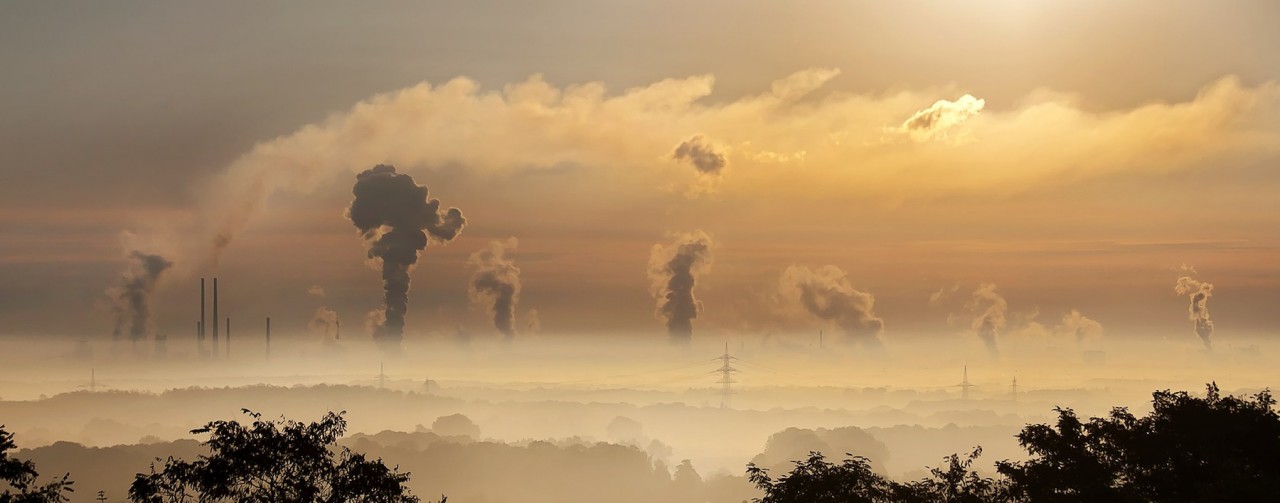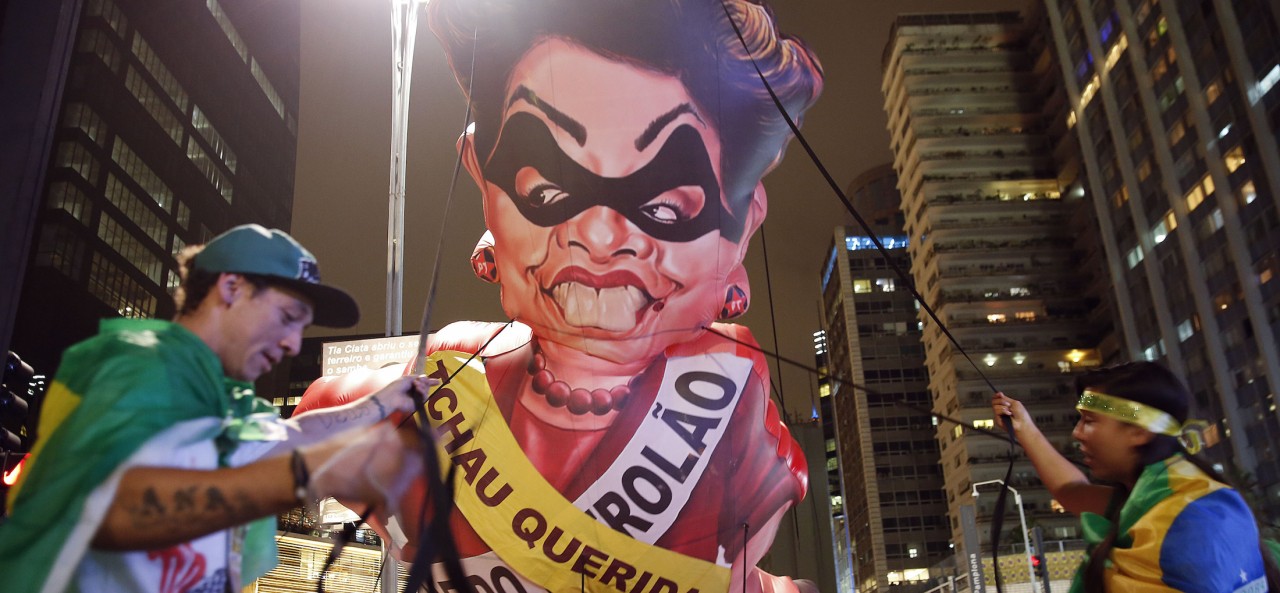
Apple’s tax woes, climate cost, super courts. 27 August-2 September: What just happened?
Apple ordered to pay back a slice of its very large pie
They’ve busted Starbucks and Fiat, now it’s Apple’s turn - the EU commission is ordering the US company to pay Ireland $14.5bn in taxes. The weird part? Ireland doesn’t necessarily want it. Basically, Ireland’s economy wasn’t doing too well in the 1980s, so they set to encourage businesses to open up shop there. Apple did just that. Thirty years later, laws have changed, so everyone else plays 12.5%, but Apple’s still pay the 1% it agreed back then. This isn’t technically illegal, but according to the EU, isn’t fair either. The thing is, Ireland is worried that coming down too hard on Apple could damage their rep as a business-friendly place, which could hurt their economy. What’s more, Apple boss Tim Cook thinks “taxes should be paid where value is created”, which in Apple’s case, is California, where all the magic happens. More on the ins and outs of all this here.
Who’s gonna have to foot the bill for global warming? Young people, of course

Global warming could cost millennials around $8.8 trillion if steps are not taken to combat the changes to the Earth’s climate, according to a new report. It’s called ‘The Price Tag of Being Young’ and estimates the cost of living with climate change compared to a world without it. For example, without action, a 21-year-old earning a median wage will lose $100,000 in lifetime income. It’s even worse for their children, who look set to lose out on $357,000. This is because of the additional costs and lost opportunities (to food production, for example, which could become more expensive as farmable land is wiped out) in a world transformed by global warming. The full report explains all, and Vice cover the story here.
Justice, but for who?
Powerful ‘super-courts’ are taking decisions that allow businesses to sue countries that do things that interfere with their profits, according to a new investigation by BuzzFeed. The proceedings are called investor-state dispute settlements and are written into existing international trade deals like NAFTA. Apparently, they allow corporations to evade prosecution if they do something wrong and force countries to pay up for loss profits or even change their own laws if they don’t suit the businesses’ needs. Check out BuzzFeed’s report. It’s a long read, but worth it. Or, for the quick version have a look at the video above.
Brazil’s president is out of a job, after impeachment vote

Brazilian President Dilma Rousseff has been thrown out of office, after the country’s senate found her guilty of breaking budgetary laws. Apparently, she did this to try and conceal the country’s economic problems. For some it’s the end of a leader out of touch with the people. Others see this it as little more than a coup. Whatever way, it’s now Michel Temer’s turn. He inherits a very difficult situation, with nearly 12 million unemployed and GDP down by 9.7% over recent years, and will face an uphill struggle to turn the situation around. The Guardian has published a ‘what you need to know’ and the BBC answers some key questions about the affair here.
Celebrities are making a mint out of social media #ads

Big name YouTubers and celebrities are making an average of $187,500 for each sponsored video the make, according to figures released by a San Francisco based talent agency. But that’s just the start. Those with three to seven million Instagram followers can make $75,000 for an average promotional post. And those big on Twitter can rake in £30,000 for endorsements on Twitter. Social media is now a big way that companies reach customers, but, unlike on telly or in newspapers where ads can’t be disguised as content, the regulations are still a little unclear. Many, like Kim Kardashian, are now using the hashtag #ad in their posts. The New York Times explains all.
Here's why the Kardashian and Jenner sisters are editing their Instagram captions with “#ad” https://t.co/ciPFKZl6mA pic.twitter.com/BYtjZ2cQFU
— NYT Business (@nytimesbusiness) August 31, 2016
In other news...
Profitable panties. The trade in used underwear is booming as people are taking to selling the items online, for those who get their kicks from such things. The business also got a boost recently after a storyline in Orange Is The New Black, featured characters doing the same thing. Whatever rocks your boat, we guess.
Premier prices. Clubs in the English Premier League have spent a record $1.54bn on players this summer. They’ve been able to spend more because of an even bigger deal they got on broadcasting rights this year. The BBC have a fun quiz where you can test your footy transfer knowledge.
Planet peril. The Earth is entering a new geological epoch defined by the impact of mankind. Yep, we've really screwed it up this time, and it's only taken us 60 years. Oops. Here's more detail on what exactly this means and why it's probably the economy's fault.
Move over Robert Downey Jr, The Rock is now the highest paid movie star

Actor Dwayne Johnson - aka The Rock - has just topped a list of the world’s highest paid actors, raking in over $65m so far in 2016. That’s all down to such classics as Central Intelligence, Fast And Furious 8, and the forthcoming Baywatch movie, where he’s taking on the role made famous by David Hasselhoff. How can they replace The Hoff??!! Gutted. Johnson knocked Iron Man star Robert Downey Jr off the top spot, and now tops a list that includes Jackie Chan, Matt Damon and Tom Cruise. Interesting to note that the world’s highest paid actress, Jennifer Lawrence, only earned $46m, proving that the gender pay gap is alive and well in Hollywood.




